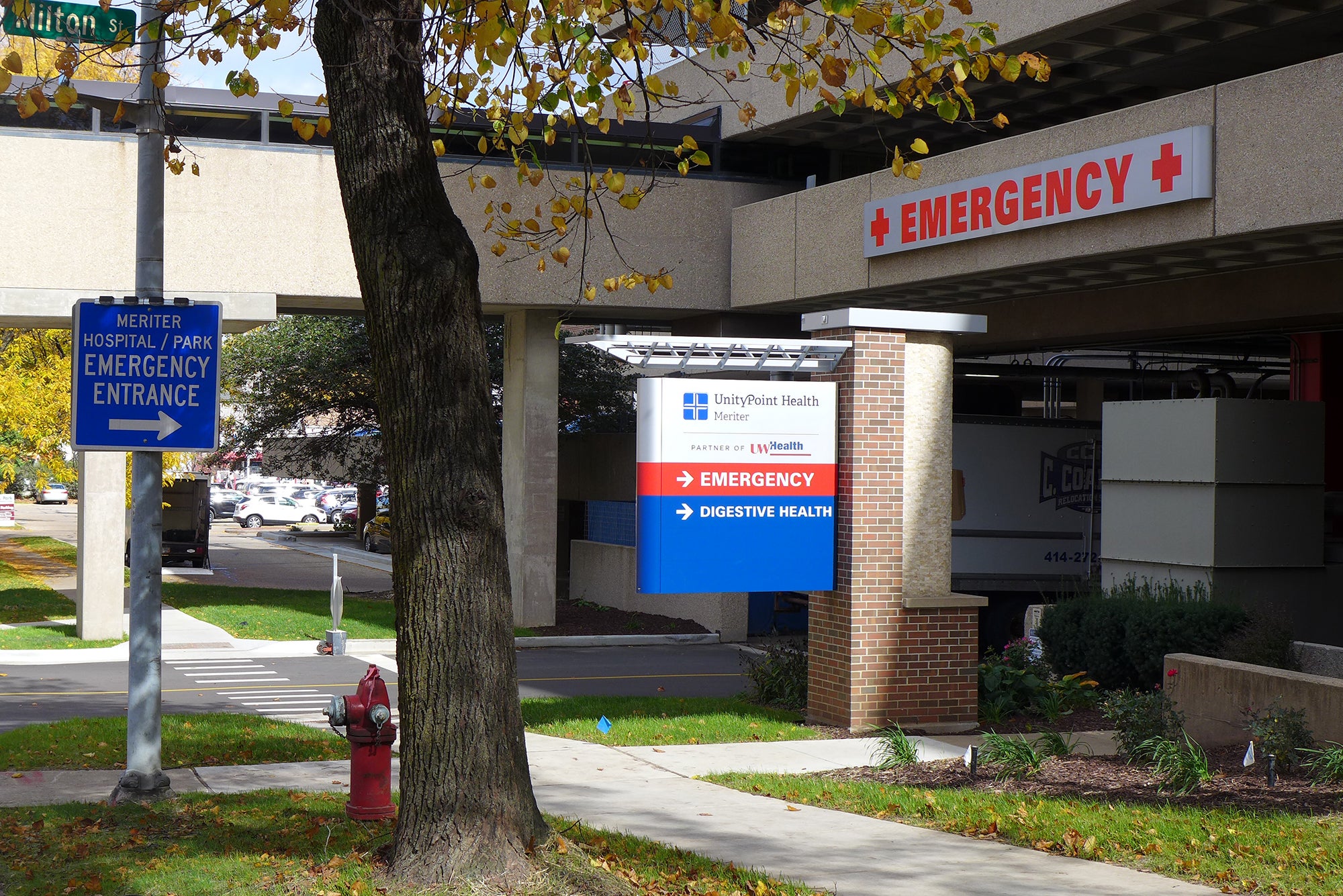The people who take care of us when we’re ill may not be getting the care they need to do a good job, and some are sending a wake-up call.
The American Academy of Nursing is urging health care providers to make changes to prevent a tired workforce.
A position paper in a health care journal says nurse fatigue poses a triple threat: danger to patients because of increased risk of error; the health and safety of nurses themselves; and car accidents when commuting.
News with a little more humanity
WPR’s “Wisconsin Today” newsletter keeps you connected to the state you love without feeling overwhelmed. No paywall. No agenda. No corporate filter.
The paper was co-authored by the dean of the University of Wisconsin-Madison’s School of Nursing, Linda Scott, who is also part of the American Academy of Nursing.
The paper cites a AAA Foundation study showing the risk of vehicle crashes is linked to how much sleep the driver does or does not get. Less than four hours of sleep increases the risk of a crash 11.5 times; four to five hours of sleep increases risk 4.3 times.
Scott has been researching work fatigue since 2002. She says it’s prevalent among many health care providers, including nurses who often work 12-hour shifts.
“The more consecutive wake hours that a person has, the more likely they are to make errors during patient care; not having the level of alertness and vigilance that one needs,” Scott said.
One recommendation is napping at work, something that is often frowned upon.
“Most institutions still have human resource policies in place that say if an employee is caught napping, it’s grounds for termination. Yet we know that a very effective fatigue management strategy are naps,” said Scott.
Research shows a 20-minute nap allows the body to gain several hours of alertness, Scott said, and would be especially helpful for those working the night shift when a person’s circadian rhythms are urging the body to rest.
“We have that strong drive to sleep between 2 a.m. and 5 a.m.,” explained Scott. “So how can we structure the environment so that those individuals can rest and how can we change our own personal practices having obtained a sufficient amount of sleep?”
The position paper does not explicitly call for an end to 12-hour nursing shift. But Scott says cutting the work day in half may help if it’s feasible. But she says there’s a reluctance to change because some nurses like working fewer days with longer shifts.
Extended work shifts first began in critical care units and then spread to other departments. They are intended to minimize hand-offs, when patient care is transferred from one nurse to another.
Scott says reducing the number of times a nurse has to switch from day to night shifts and vice versa can also help.
Wisconsin Public Radio, © Copyright 2026, Board of Regents of the University of Wisconsin System and Wisconsin Educational Communications Board.






